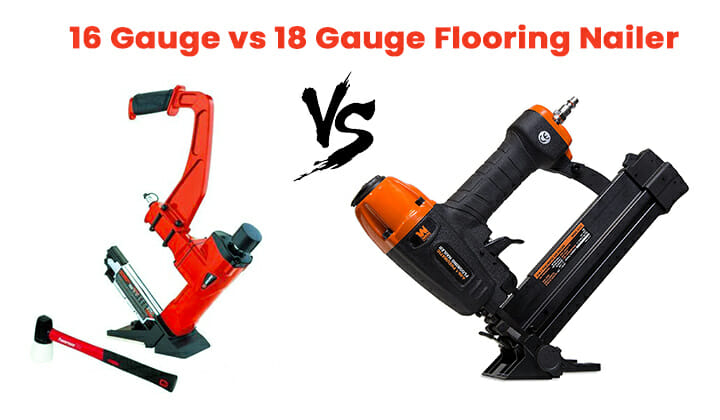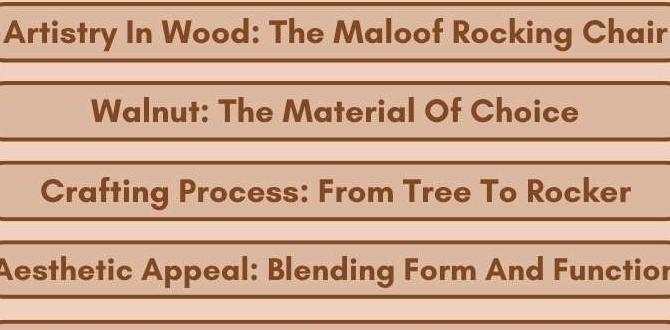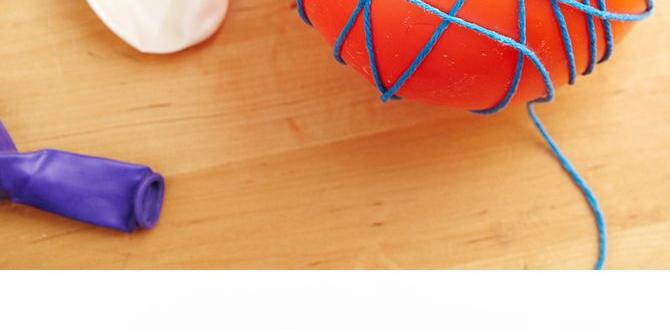16 gauge flooring nailer works well in hardwood flooring but causes tongue splitting and other staff. Whereas the 18 gauge flooring nailer gives the flooring a longer and better look. Additionally, the latter also decreases the gap between the wood panels, making them secure. Let’s see what the comparison tells us between 16 Gauge vs 18 Gauge Flooring Nailer.

Table of Contents
16 Gauge vs 18 Gauge Flooring Nailer
Hardwood flooring tasks are done by either a 16 gauge flooring nailer or an 18 gauge flooring nailer. It depends on the thickness of the floor that which of these you need to use. The manufacturer of your floor can recommend you the flooring nailer that you need.
A flooring nailer helps with nailing down hardwood floors and helps to insert the nail cleat at a perfect 45-degree angle.

The cleat nails are specially made for hardwood flooring, which provides the flooring a better and longer look with smooth insertion. The two gauges of nails usually used when hardwood floorings are the 16 gauge nails and 18 gauge nails.
The cleat nails are specially made for hardwood flooring, providing the flooring a better and longer look with smooth insertion. The two gauges of nails usually used when hardwood floorings are the 16 gauge nails and 18 gauge nails.
16 Gauge Nailer
You can usually use 16 gauge flooring cleat nailers on the hardwood flooring as a standard nailer, but most likely, it will split the tongues of the hardwood, which is a problem.
The 16 gauge cleat nails will work, but it might result in a few occasional tongue splitting because it is thicker and broader. As it is a thicker gauge, it is also wider. So wood displacing in two greater in two directions when it is driven, which causes tongue splitting.
Sixteen gauge nailers are the best for jobs that require higher stability and more holding strength. In addition, it is capable of firing thicker nails compared to 18 gauge nailers. If you are into more heavy-duty and structural work, then 16 gauge nailers are the best option for you.

18 Gauge Nailer
Most of the professionals use 18 gauge 50p flooring cleat nails when it comes to flooring. This is because the 18 gauge flooring nails don’t cause tongue splitting, which most likely occurs when using 16 gauge flooring nails.
As 18 gauge cleat nails are thinner, more complex. However, it doesn’t cause the splitting of tongues problem. These aren’t suitable for heavy-duty works. But it provides you with a smoother and cleaner finish.


The photo above shows an 18 gauge power cleats flooring nail.

The 18 gauge cleat was designed so that you can install more rigid varieties of wood flooring without splitting tongues.
Using Nail Guns on Hardwood
Nail guns are the modern-day replacement for swing-hammers which reduces time and labor. Three types of nailer guns can be used on the hardwood: a flooring nailer, finish nailer, and mallet nailer.
The flooring nailer guns are specially made for hardwood flooring that helps you quickly nail down the hardwood flooring and insert the nail cleat at a perfect 45-degree angle. You can also use a finish nailer gun if you are handy with it. It is also effective for installing hardwood floors as well.
Staples vs Nails
Staple and nails differ in holding properties. A staple has its own two-pronged, which will provide you with a more substantial and less-forgiving hold. But nails give you a more natural expansion causing fewer problems. The cleats have less availability, but it works well with thicker or harder woods. Once applied, nails are less visible, easier to remove, with minor damage than staples.
The nail designs help smooth insertion and are better in high humidity areas, making hardwood flooring look better. The staples are easy to load and have more availability but may not work well with harder woods resulting in cracked or splitting. Nail cleats create a tighter fit than staples.
Nail Guns for Hardwood Flooring
An ideal gun for hardwood flooring would be a flooring nailer gun. If you need to install hardwood flooring, a flooring nailer gun is the one that you should prefer. This gun is specially designed for hardwood flooring installations.
[aawp box=”B00A5U2B66″ template=”vertical”]
It is capable of punching nails at the correct angle into the thin sheets of hardwood flooring. However, when it comes to the hardwood flooring tasks, you need to nail at a 45-degree angle downwards into the subfloor so that the wooden panel is secured in a way with no gap between them.
But in case if you don’t have a flooring nailer, a finish nailer or a brad nailer could be the next best choice for you. But you need to use it in the right way to get the job done.
Hardwood Flooring Fasteners for Hardwood Flooring
The two most common things used for flooring fasteners are staples or nails. Staples could be referred to as a cheaper choice for a fastener. But a professional would choose a 16 gauge or an 18 gauge flooring cleat nail for floor purposes uses.
The reason behind this is, the cleat nails allow for natural wood flooring expansion and contraction and provide you with excellent holding power. The fastener you choose also depends on the wood or subfloor material. The cleat nails are suitable for harder or thicker woods, but the staples may not work well for harder or thicker woods.
Can You Use a Finish Nailer for Hardwood Flooring?
Yes, a finish nailer is usable in hardwood flooring tasks. A finish nailer gun is mainly designed for trim work, which does not mar the surface look of the wood shooting near-headless nail makes it useable for hardwood flooring purposes.
It’s not unusual to not have a flooring nailer as it has only one purpose; many of us might not have it. Then a finish nailer could be helpful in this case if you are handy with it.
Frequently Asked Questions (FAQ)
What is a cleat nail?
Cleat nails are unique nails built for hardwood flooring purposes and are commonly sold with either L or T-shaped heads. A cleat has a smooth insertion for hardwood flooring, perfectly securing the wooden panel nailing it down to a 45-degree angle.
It also leaves fewer gaps making the wood panels secure and well. It is specially made for hardwood flooring uses to have a better outcome.
How often should you staple hardwood flooring?
Most manufacturers suggest the use of flooring nails or staples in hardwood flooring tasks. But you should follow the recommended size of the staple or nailer the manufacturer suggests to you according to your particular floor thickness. Lastly, nailing or stapling every 6-8 inches along the tongue of every board is recommended.
Conclusion
By now, you probably have the idea that the 16 gauge flooring nailer does work as well as an 18 gauge flooring nailer. It’s best to use the specific gauge of nail recommended by the manufacturer for your floor. That certainly depends on the wood’s hardness, thickness, and whether it is solid or engineered.




